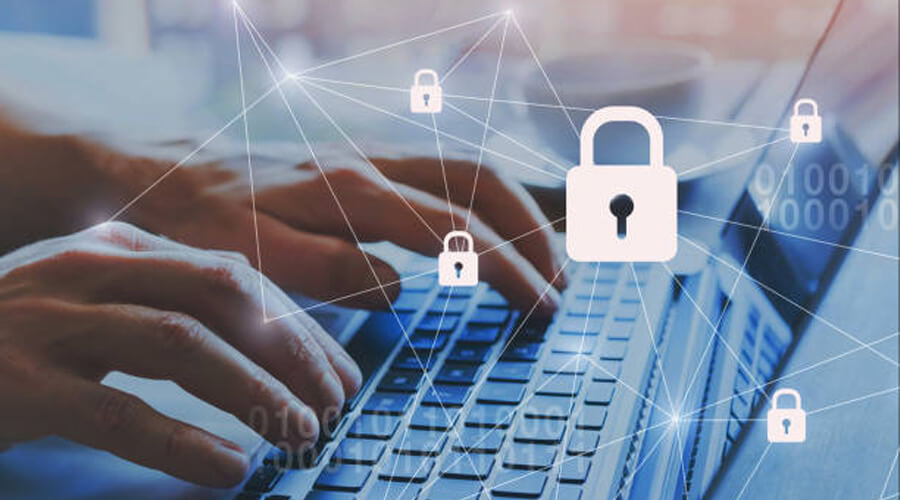Oddly enough, despite the pandemic coming to an end, the number of digital nomads keeps growing. People realized that, as long as you have a laptop and WiFi access, you can work from wherever you want.
But remote work isn’t just about wearing comfy clothes while you rush to meet deadlines. With workers clustering all around, some new cybersecurity issues arose. And what better way to solve them than with security tools?
Let’s dig in!
Table of Contents
1. Anti-malware Software
In most cases, your OS is smart enough to protect you from global cyber threats. However, working from a remote location means that you need to familiarize yourself with smaller-scale local threats.
In other words, you need anti-malware that can answer your remote-work needs. For example, if you exchange a lot of data via USB sticks, you should get yourself an app that does deep scans efficiently. The same goes for any large and/or frequent file transfers.
2. Virtual Private Network (VPN)
Working from a remote location means using sketchy WiFi networks from time to time. Worry not, because you can solve this issue with a VPN. If you access the internet using a VPN (even through public WiFi), no one will be able to meddle with your data.
On top of that, you’ll have access to location-restricted content, no matter where you are.
3. Password Managers
If you work online, you probably have a dozen accounts for all purposes, from management to banking. And because of this, people resort to keeping their passwords simple, or in worst cases, they have one password they use for every account. You’d be surprised by how many people get their accounts stolen simply due to a weak password.
The truth is, cracking a password isn’t that hard anymore, so it’s up to us to make it harder for the hackers. You can do this by creating complex and unique passwords for all of your accounts. And there’s no better tool to handle it all than a password manager.
4. Encrypted DM Apps
This one’s pretty simple – if you send/receive sensitive data over DMs, you need to think about implementing encryption. End-to-end encryption, to be exact. This means that the conversations you’re having via DMs remain truly private.
All in all, the biggest challenge in picking such an app would be making the other people switch to it as well. But, encryption is getting more popular by the day, and chances are that people will switch to it sooner rather than later.
5. USB Data Blockers
Lastly, we have to mention a security tool every remote worker absolutely needs. A USB data blocker is a simple, dongle-like device that has a single purpose – blocking data. To be more precise, a USB data blocker will only allow electricity to flow through it. You attach it to your charger before you plug your phone/tablet/laptop in.
Why is this important? Well, public charging stations are very common, and sometimes, hackers install malware on them so that every device that connects to the port is also infected. A USB data blocker will make sure no data is transferred through the cable while you charge, so no hacks can happen while you’re just trying to get some juice for your phone.
In Conclusion
Remote workers need to take cybersecurity seriously. Now, this doesn’t mean you have to stuff your remote workstation with antivirus apps to the brim. Instead, take some time to evaluate your digital habits and address the risks with proper security tools.

